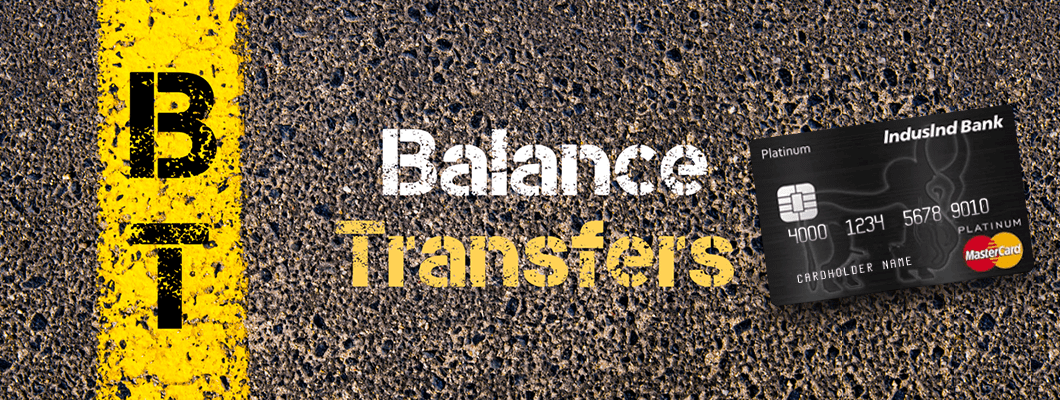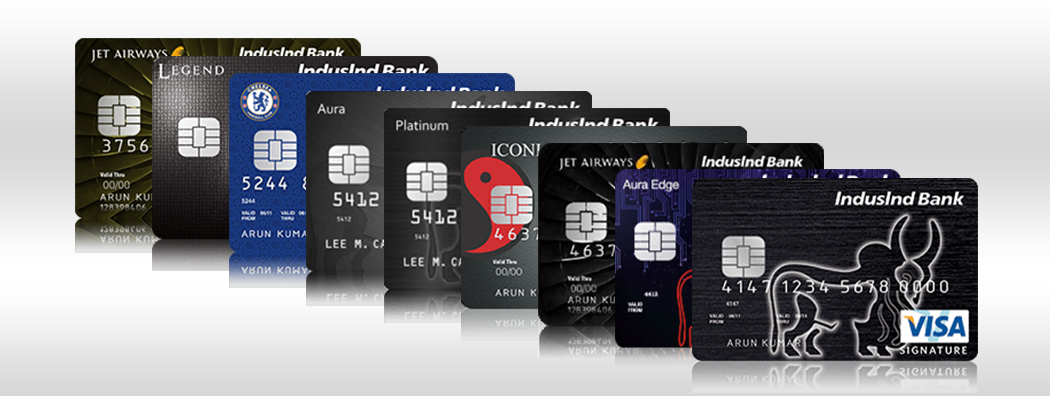
7 Tips to Derive The Best From Balance Transfer Credit Card
Posted on Friday, August 19th, 2016 | By IndusInd Bank
Balance transfer of your credit outstanding to a lower interest-charging credit card is a tidy technique to trim the debt fat that accumulates around the principal amount. Many leading banks offer attractive rates and payment options for balance transfer. Switching from a higher interest rate to a lower rate has become an easy affair with no documentation or procedural hassles. But there are few things to bear in mind while selecting a bank for transferring your balance.
Here are a few tips to be kept in mind to derive the best from your balance transfer:
EMIs:
Mostly, all banks provide balance transfer with the option of EMIs. Some banks provide for as long as 24 to 36 EMIs. While opting for longer EMIs, the interest rates should be considered since certain banks charge higher interest rates for longer EMIs as compared to smaller EMIs.
Balance transfer charges:
Balance Transfer Charges, or Processing fees, are applicable while transferring your outstandings. Different banks have different charges, and especially in the case of 0% interest rates. You need to be mindful of the additional charges, or you might end up paying the same amount or more in the long run.
Credit agency verification:
Attractive waivers and offers are available for balance transfers. But such waivers and offers are offered to those who have a good credit rating score. Every bank, before offering the balance transfer rates, considers the credit rating of the individual. A good credit rating goes a long way in giving your balance transfer the desired edge.
0% Interest rate:
You can consider the interest component charged on smaller and medium sized EMIs instead of bleeding out a big chunk of your savings in the short run for the seemingly attractive 0% which has transfer charges and processing fees involved.
Purchases not covered:
Certain banks do not cover certain purchases for balance transfer through EMIs. For instance, purchase of gold, jewellery etc. Also, certain banks do not provide the EMI facility on your corporate credit card in case of the balance transfer.
Pre-closure:
Most banks do not allow partial pre-payment or partial closure in case of balance transfer through EMI, but in the event of a pre-closure, a certain percentage, i.e., around 3% on the balance outstanding is charged as pre-closure fees. Such charges, and the stage at which you wish to avail the pre-closure, must be considered before making the final call.
Foreclosure and default:
In the event of foreclosure, the amount payable along with the interest component becomes payable immediately. As in the case of default in payment, the bank may call upon for a foreclosure which will mean immediate repayment of the entire sum due including interest, by the card holder.



 Offers
Offers Rates
Rates Debit Card Related
Debit Card Related Credit Card Related
Credit Card Related Manage Mandate(s)
Manage Mandate(s) Get Mini Statement
Get Mini Statement
 categories
categories Bloggers
Bloggers Blog collection
Blog collection Press Release
Press Release


